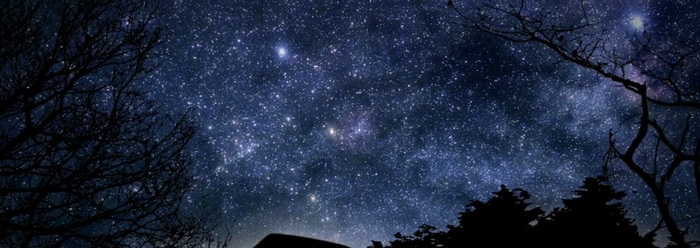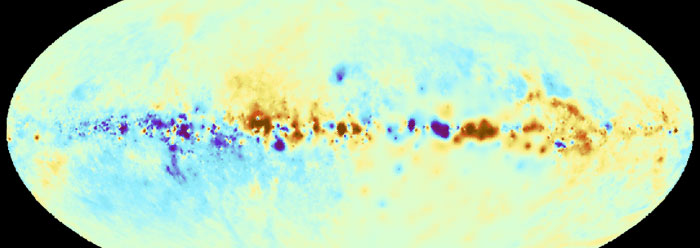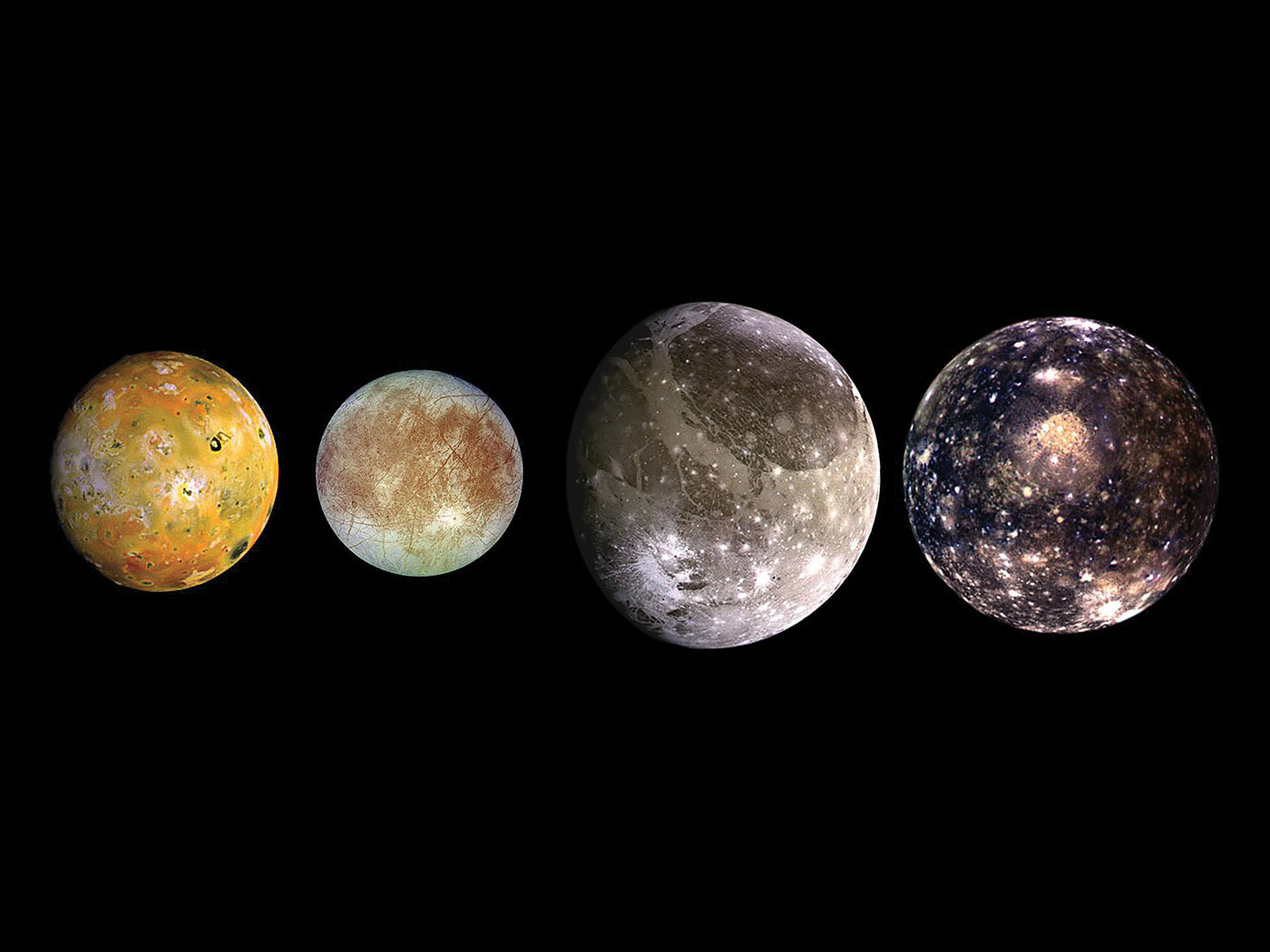The popular syndicated columnist, Sydney Harris, recently commented on the evolution/entropy conflict as follows:
There is a factor called "entropy" in physics, indicating that the whole universe of matter is running down, and ultimately will reduce itself to uniform chaos. This follows from the Second Law of Thermodynamics, which seems about as basic and unquestionable to modern scientific minds as any truth can be. At the same time that this is happening on the physical level of existence, something quite different seems to be happening on the biological level: structure and species are becoming more complex, more sophisticated, more organized, with higher degrees of performance and consciousness.1
As Harris points out, the law of increasing entropy is a universal law of decreasing complexity, whereas evolution is supposed to be a universal law of increasing complexity. Creationists have been pointing out this serious contradiction for years, and it is encouraging that at least some evolutionists (such as Harris) are beginning to be aware of it.
How can the forces of biological development and the forces of physical degeneration be operating at cross purposes? It would take, of course, a far greater mind than mine even to attempt to penetrate this riddle. I can only pose the question - because it seems to me the question most worth asking and working upon with all our intellectual and scientific resources.2
This, indeed, is a good question, and one for which evolutionists so far have no answer. Some have tried to imagine exceptions to the Second Law at some time or times in the past, which allowed evolution to proceed in spite of entropy, but such ideas are nothing but wishful thinking.
Being a generalization of experience, the second law could only be invalidated by an actual engine. In other words, the question,. "Can the second law of thermodynamics be circumvented?" is not well-worded and could be answered only if the model incorporated every feature of the real world. But an answer can readily be given to the question, "Has the second law of thermodynamics been circumvented?" Not yet.3
Of course, the fact that no exception to the law of increasing entropy has ever been observed does not prove such a thing never happened. It simply shows that such ideas are outside the scope of science. Evolutionists are free to believe in such "singularities" by faith, if they wish (e.g., the inflationary universe, hopeful monsters, etc.) but they have no right impose them on unsuspecting young minds in the name of science. The more common rejoinder to the apparent creation/evolution conflict, however, is simply to dismiss it as "irrelevant" on the basis of the naive and incorrect belief that entropy only increases in so-called "isolated systems" - that is, systems closed to any external organizing energy or information. Lewin expresses this curious idea:
One problem biologists have faced is the apparent contradiction by evolution of the second law of thermodynamics. Systems should decay through time, giving less, not more, order. One legitimate response to this challenge is that life on earth is an open system with respect to energy and therefore the process of evolution sidesteps the law's demands for increasing disorder with time.4
It is amazing how many anti-creationist debaters and writers try to "sidestep" this serious problem with such a simplistic cliché as this. Creationists who cite the entropy principle against the evolutionary philosophy are, time and again, dismissed as either ignorant of thermodynamics or dishonest in their use of the second law. Such charges are inappropriate, to say the least.
In the first place, the entropy principle applies at least as much to open systems as to closed systems. In an isolated real system, shut off from external energy, the entropy (or disorganization) will always increase. In an open system (such as the earth receiving an influx of heat energy from the sun), the entropy always tends to increase, and, as a matter of fact, will usually increase more rapidly than if the system remained closed! An example would be a tornado sweeping through a decaying ghost town or a cast iron wrecking ball imposed on an abandoned building. Anyone familiar with the actual equations of heat flow will know that a simple influx of heat energy into a system increases the entropy of that system; it does not decrease it, as evolution would demand. Opening a system to external energy does not resolve the entropy problem at all, but rather makes it worse!
The statement in integral form, namely that the entropy in an isolated system cannot decrease, can be replaced by its corollary in differential form, which asserts that the quantity of entropy generated locally cannot be negative irrespective of whether the system is isolated or not, and irrespective of whether the process under consideration is irreversible or not.5
Thus entropy in an open system always at least tends to increase, no matter how much external energy is available to it from the sun or any other source. To offset this tendency, the external energy must somehow be supplied to it, not as raw energy (like a bull in a china shop) but as organizing information. If the energy of the sun somehow is going to transform the non-living molecules of the primeval soup into intricately complex, highly organized, replicating living cells, and then to transmute populations of simple organisms like worms into complex, thinking human beings, then that energy has to be stored and converted into an intricate array of sophisticated machinery by an intricate array of complex codes and programs. If such codes and mechanisms are not available on the earth, then the incoming heat energy will simply disintegrate any organized systems that might accidentally have shown up there.
Evolutionists have hardly even addressed this problem as yet, let alone solved it. There are, to their credit, a few theorists who have at least recognized the problem and offered certain speculations as to possible directions in which to search for a solution. The one man whose speculations have received the most attention (even acquiring for him a Nobel Prize in 1977) is Belgian physicist Ilya Prigogine, who advanced the strange idea of "dissipative structures" as a possible source of new complexity in nature. He postulated that when systems somehow are "perturbed" to a "far-from-equilibrium" condition, as a result of a large influx of external energy which produces an inordinate amount of internal energy dissipation, then certain "structures" might be generated. An example would be the generation of storm cells in the earth's atmosphere by incoming solar heat.
How such "dissipative structures" could possibly produce organic evolution is completely unknown and seems quite impossible to imagine. Such systems in no way contradict the principle of entropy but rather are illustrations of entropy working overtime! The Harvard scientist, John Ross, comments:
...there are no known violations of the second law of thermodynamics. Ordinarily the second law is stated for isolated systems, but the second law applies equally well to open systems. ...there is somehow associated with the field of far-from-equilibrium phenomena the notion that the second law of thermodynamics fails for such systems. It is important to make sure that this error does not perpetuate itself.6
Nevertheless, this bizarre notion of generating organization through chaos has achieved a remarkable following in recent years, not only among evolutionists anxious for a solution to the entropy problem but also among radicals desiring a scientific justification for social revolutions. For example, UNESCO scientist Ervin Laszlo has said:
What I see Prigogine doing is giving legitimization to the process of evolution - self-organization under conditions of change. ...Its analogy to social systems and evolution should be very fruitful.7
Space precludes discussion here of the melange of speculative applications that have been related to Prigogine's suggestion since he "gave legitimization to evolution," as Laszlo put it (thus admitting by inference that evolution was illegitimate until Prigogine came along with this unique remedy for entropy). Typical of these is a paper by two leading evolutionary biologists8 who speculate (without proof, either biological or mathematical) that evolution is inevitably produced in a biosphere increasing in entropy, through the mechanisms suggested by Prigogine's non-equilibrium thermodynamics. However, evolutionist Roger Lewin, reviewing their paper, calls their speculations mere "heuristic formulations" and then cites Prigogine himself as being mystified by it.
"I see how you can do this with molecules," he told Brooks, "but I don't see how you can do it with species. I don't understand the extrapolation."'
And neither does anyone else! If science is to be based on fact and evidence, rather than metaphysical speculations, then entropy does not explain or support evolution at all. In fact, at least until someone can demonstrate some kind of naturalistic comprehensive biochemical predestinating code and a pre-existing array of energy storage-and-conversion mechanisms controlled by that code to generate increased organized complexity in nature, the entropy law seems to preclude evolution altogether. The marvelously complex universe is not left unexplained and enigmatically mysterious by this conclusion, however. It was created by the omnipotent and omniscient King of Creation! If evolutionists prefer not to believe this truth, they can make that choice, but all the real facts of science - especially the fundamental and universal law of entropy - support it.
REFERENCES
1. Sydney Harris, "Second Law of Thermodynamics" Field Enterprise Syndicate, as appearing in San Francisco Examiner, January 27, 1984).
2. Ibid.
3. Frank A. Grew, "On the Second Law of Thermodynamics," American Laboratory (October 1982), p.88.
4. Roger Lewin, "A Downward Slope to Greater Diversity," Science (Volume 217, Septernber 24, 1982) p. 1239.
5. Arnold Sommerfeld, Thermodynamics and Statistical Mechanics (New York Academic Press, 1956), p. 155.
6. John Ross, Letter to the Editor, Chemical and Enqineerinq News (July 7, 1980), p.40.
7. Ervin Laszlo as quoted by Wil Lepkowski in "The Social Thermodynamics of Ilya Prigogine.", Chemical and Engineering News (Volume 57, April 16, 1979), p.30.
8. Edward Wiley and Daniel Brooks, "Victims of History - a Non-Equilibrium Approach to Evolution," Systematic Zoology (Volume 31, No.1, 1982).
9. Roger Lewin, op cit.*Dr. Henry M. Morris is Founder and President Emeritus of the Institute for Creation Research.






















